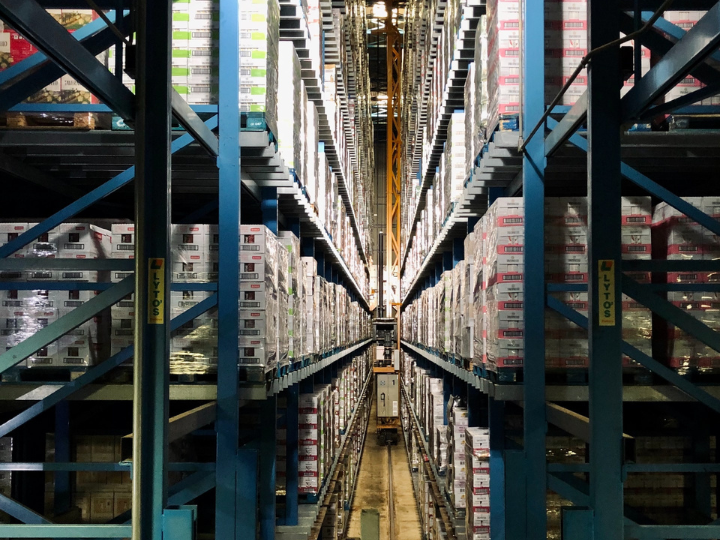by Antonios Zairis*
The war acts as a multiplier of negative developments as the two belligerent nations, Russia and Ukraine, have a large share of global exports of wheat, seed oil, fertilizer, fuel, etc.
It is clear that this situation affects not only vulnerable population groups, e.g. from Asia, Africa, but also advanced Western societies that have been confronted with the management of the losses they suffered due to the pandemic and are now coming "head-on" with the beast of a twin crisis: a food and energy crisis.
The behaviour of the global liberal economic system is proving to be ’inadequate’ and incapable of managing the systematic backwardness of the international supply chain, which has failed to act as a deterrent to the turbulence associated with the orderly movement of trade flows.
The national states were watching the situation, unable to react but with a view to decoupling from the international system and reviving national strategies to protect their commercial interests, as for the inelastic food commodities and energy.
The looming risks from the continuous increases in the prices of food products that are part of the daily shopping basket, fertilizers, fuel, sunflower oil, corn and many others give rise to anxiety, insecurity, destabilizing trends and widening inequalities as well as a reduction in real disposable income due to the increases.
This is likely to push societies into impending conflicts that will cause "cracks" in the social fabric and the cohesion of social "becoming". Any additional shortages of goods in some societies will create new "areas" of poverty and underdevelopment.
On the other hand, the inability of the supply chain to execute orders for immediate priority and emergency supplies (e.g. equipment, pharmaceuticals) has increased the net of insecurity and uncertainty in national states.
The positive approach and great opportunity of our country in the environment of the existing geopolitical disorder would be the co-design of a new strategy to strengthen the domestic value chain in the context of the reconstitution of the production model of the economy (e.g. in the agro-food sector) at least in products that are rapidly consumable but participate in the basic nutritional "palette" of the household’s purchases. And all this in the context of balanced development in terms of sustainability and self-sufficiency, which at this time are necessary constants in a rapidly changing and extremely fragile macro-environment.
As for the cause of the energy problem, the fearful and hesitant management by the European Union has unfortunately led to an absolute dependence of 50% on Russian coal, 48% on Russian gas, 32% on Russian-Ukrainian grain and 25% on Russian oil.
The implementation of strategies for gradual decoupling from Russian oil and gas should be "on the table" for adoption from 2027, otherwise countries such as Austria, Germany, and Bulgaria will be driven to "sudden" death. The lack of storage facilities is real even if alternative supply is secured from Egypt, USA, and Qatar while the LNG market remains active until the RES is established. Mobilisation of fallow agricultural land and the removal decision of the 5% farmland as an ecological area for no fertiliser use are now becoming imperative. In our country, in addition to government interventions concerning energy subsidies and any price caps, it is necessary to take serious long-term measures such as: investing in increasing production from renewable energy sources, creating storage facilities, increasing the percentage of energy supplied under long-term contracts, strengthening the interconnectivity of networks, etc. The opportunity, however, lies in making our country an energy hub for other South-Eastern European countries, which would also enhance its international role in the current complex geopolitical landscape.
Therefore, only on the basis of the previous strategic prerequisites the confidence of society will be regained, the productive reorganization and upgrading of the country will be achieved, as well as the prevention of a diversion to populist attitudes that are looming in order to threaten social solidarity and put the democratic institutions of the country to the test.
*Deputy Vice President of H.R.B.A, Assistant Professor of Business Administration at Neapolis University of Cyprus and member of the American Economic Association




 By: N. Peter Kramer
By: N. Peter Kramer
